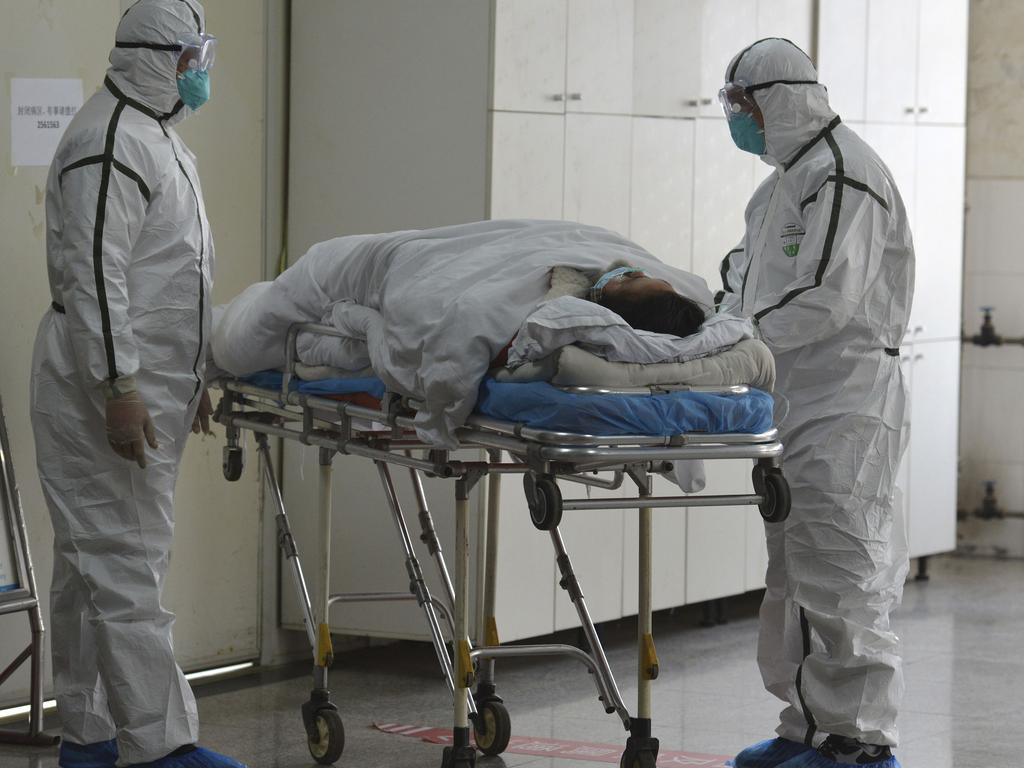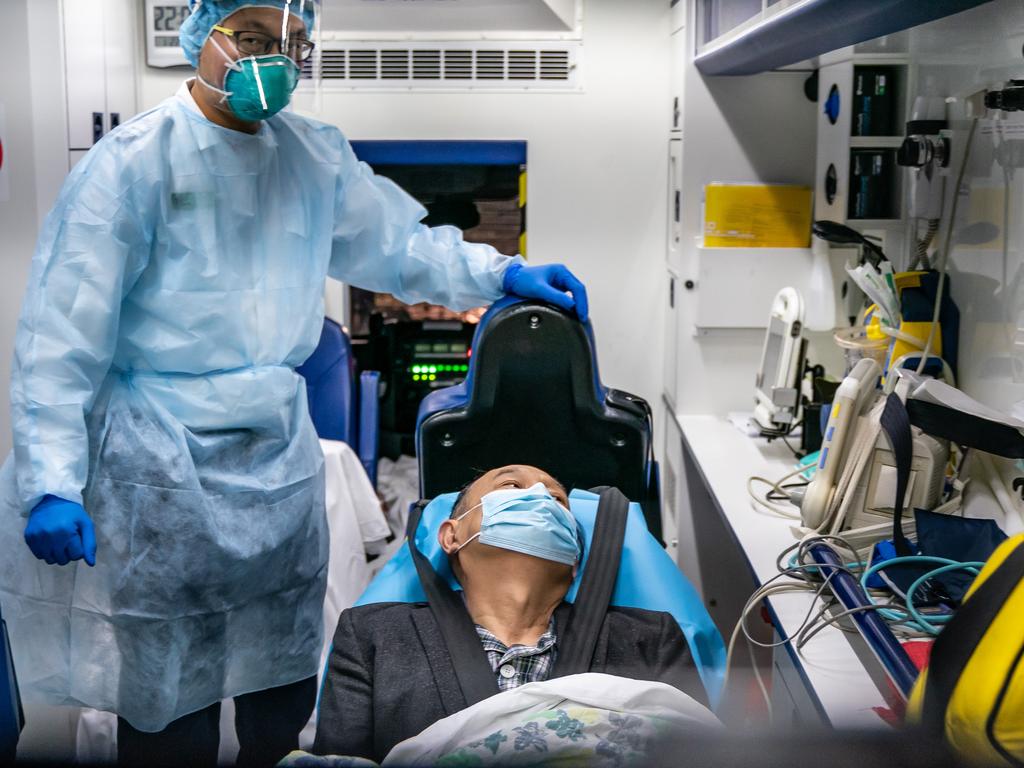How the coronavirus impacts you once you are infected
Findings from those working in the epicentre of the coronavirus outbreak have revealed exactly how the coronavirus impacts the body.
With the number of coronavirus infections continuing to rise more people are becoming increasingly aware of the symptoms and what to look out for.
Symptoms of the virus include a fever, cough and difficultly breathing, with some patients showing little to no symptoms and others becoming severely ill and even dying.
By now most people are on the look out for these symptoms but the impact that the virus actually has on the body isn’t as well known.
Medics treating patients at the epicentre of the virus in Wuhan have given insight into exactly how the virus can affect victims.

An analysis, published in The Lancet medical journal, of the first 99 patients treated for the coronavirus at the city’s Jinyintan Hospital shows how differently the virus can impact people.
The most common symptom the patients presented with was a fever and cough, with just over 80 people experiencing this.
The next most common symptom was shortness of breath, with 31 patients experiencing this, followed by muscle ache, which affected 11 per cent of people.
Under 10 per cent of patients experienced other symptoms such as a headache, sore throat, confusion and chest pain.
Just under half the patients that were admitted had a history of exposure to the Huanan seafood market, where the virus is thought to have originated from.
WHAT CAUSED DEATHS
Of the 99 patients that were observed 11 people died as a result of complications from the virus.
The first two deaths were a 61-year-old man and a 69-year-old man.
Neither of the men had a previous underlying chronic disease but both had a long history of smoking.
On his arrival to the hospital the first man was diagnosed with severe pneumonia and acute respiratory distress syndrome (ARDS).
He was immediately taken to the intensive care unit and intubated to assist with his breathing.
The patient eventually developed severe respiratory failure, heart failure, and sepsis and 11 days after his admission he suffered a cardiac arrest and died.
RELATED: Follow updates on the coronavirus outbreak

Similarly to the first patient, the 69-year-old man was also diagnosed with severe pneumonia and ARDS.
He was transferred to the ICU and attached to an artificial lung, also known as an extracorporeal membrane oxygenation (ECMO) machine.
However the patient’s condition didn’t improve and after nine days he died after suffering severe pneumonia, septic shock, and respiratory failure.
“The intervals between the onset of symptoms and the use of ventilator-assisted breathing in the two patients were 3 days and 10 days, respectively,” the report stated.
“The course of the disease and lung lesions progressed rapidly in both patients, with both developing multiple organ failure in a short time.”
Of the other nine patients who died, eight had a reduced level of white blood cells known as lymphopenia, seven had bilateral pneumonia, five were older than 60, three had hypertension and one was a heavy smoker.
MORE MEN INFECTED THAN WOMEN
The study suggested that men may be more susceptible to the virus than women with 68 per cent of the patients being male and just 32 per cent female, with the majority of men aged between 50 and 59.
“The reduced susceptibility of females to viral infections could be attributed to the protection from X chromosome and sex hormones, which play an important role in innate and adaptive immunity,” the report suggested.
“Additionally, about half of patients infected had chronic underlying diseases, mainly cardiovascular and cerebrovascular diseases and diabetes.”
The results suggested that the coronavirus is “more likely to infect older adult males with chronic comorbidities as a result of the weaker immune functions”.

More recent figures released by China’s National Health Commission on Tuesday backs up these findings.
Jiao Yahui, an official for the commission, revealed more than two-thirds of the coronavirus deaths were men.
Of those deaths, more than 80 per cent were older than 60 and more than 75 per cent had an underlying disease.
There are now more than 31,390 confirmed cases of the virus globally and 638 people have died.
Originally published as How the coronavirus impacts you once you are infected



